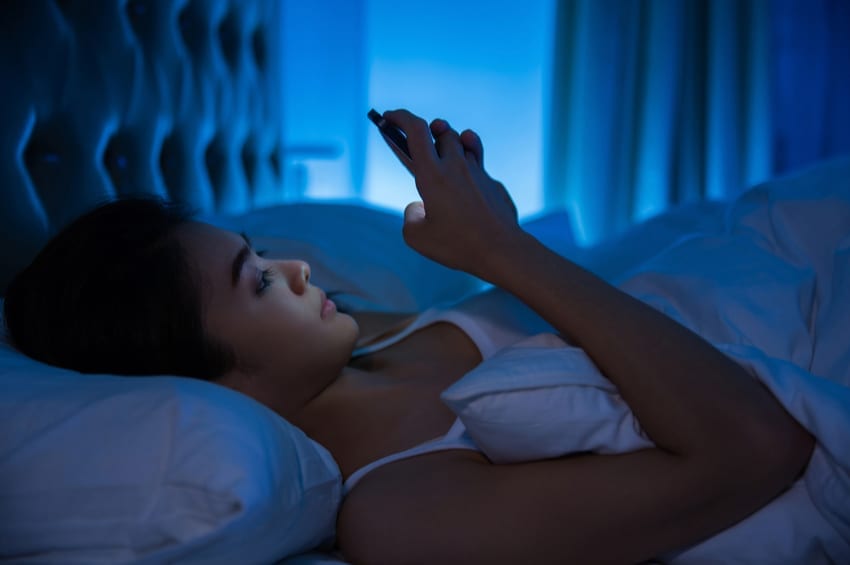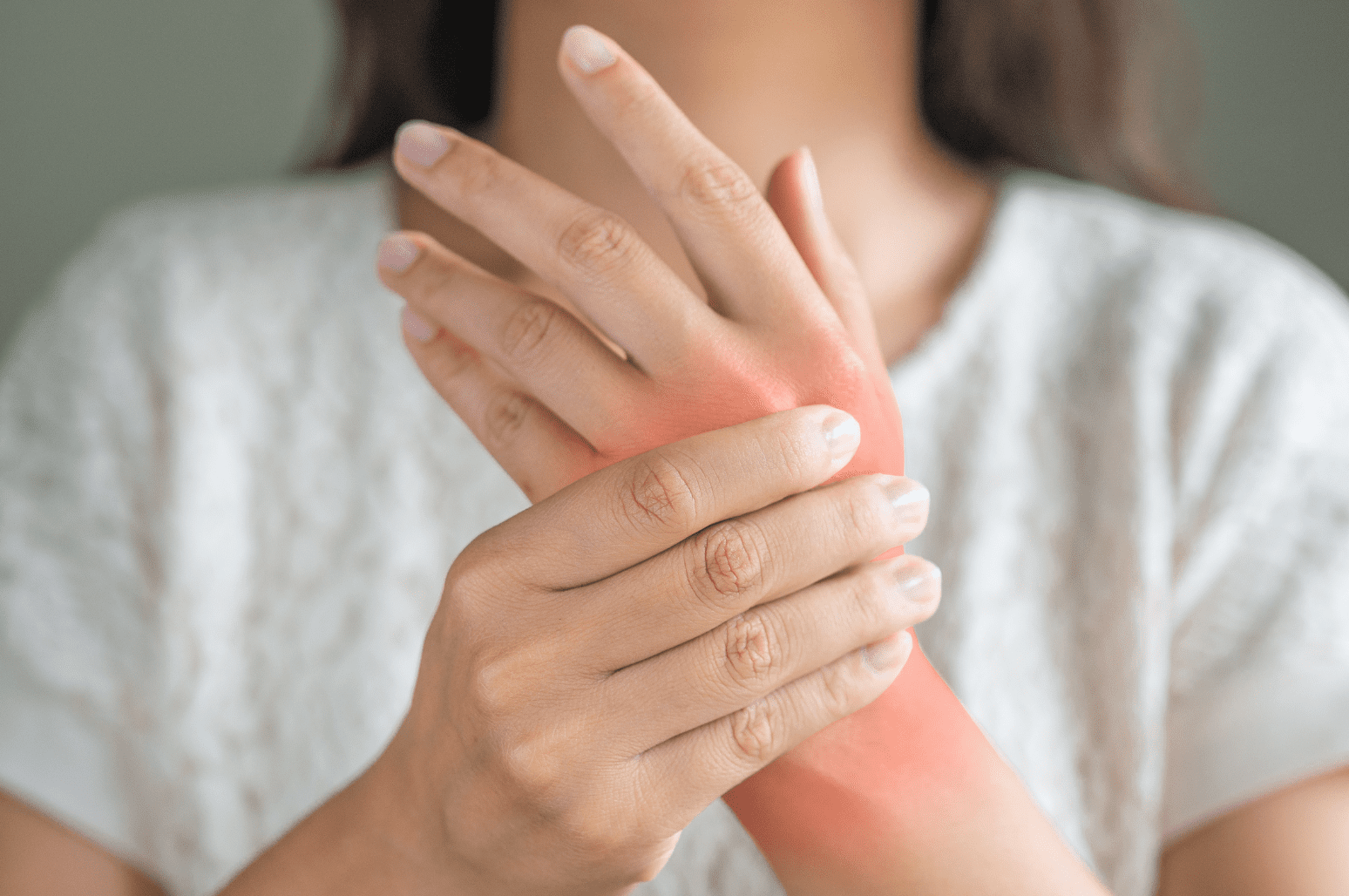National Day of Unplugging: The Health Benefits of a Digital Detox

Most people recognize the connection between poor physical health and a decline in mental health, but the opposite is also true. Studies show that when your mental health suffers, your body quickly follows. For example, if you are stressing out over a post on social media, those catabolic hormones can have the same stress response on the body as a real-life threatening situation. So, could taking a digital detox be beneficial for your health?
Researchers agree that it’s essential to take your mental health as seriously as your physical health in order to promote optimal wellness. One of the ways that you could be harming your mental and physical health is by constantly using your laptop and phone. [1]
Let’s take a look at the benefits of unplugging for a day and why you might want to start incorporating a digital detox into your self-care routine.
Give Your Eyes a Break
How often do you use eye drops? If you need to refresh your eyes on a daily basis, you’re not alone. People who are constantly starring at their laptops and phones for work or entertainment often report dry eyes as a common symptom.
What’s more, studies show that staring at your phone screen all day can cause eye strain. Some experts believe that this will have long-term consequences for eye health. [2]
By taking a digital detox, you’ll give your eyes a much-needed break and reduce the risk of eye strain.
Skip the Insomnia
Our cell phones emit blue light, which triggers the release of cortisol, the hormone that wakes you up in the morning. If you’re checking your phone before sleep, you are decreasing the amount of melatonin, the sleep hormone, that is being released and delaying shut-eye by an hour or more. [3]
If you can’t avoid your phone for the day, be sure to power it down two hours before bed. This will help you get to sleep and stay asleep.

Winning at Productivity
You might not realize it, but when your phone is by your side, it’s keeping you from getting things done. That constant chime of a message or push notification can distract you while you’re in the middle of working or studying. Researchers found that it takes the average person 23 minutes to resume focus once distracted. Imagine all the productivity time you’re missing out on!
By powering down your phone for the day, you’ll check more things off of your to-do list. Getting more done in a day can foster a greater sense of accomplishment, which is great for your mental health. [4]
Self Esteem Boost
Lives on Instagram might look amazing, but it’s a small and selective picture of what is really happening in someone else’s life. Still, people compare their lives to selective reality and their mental health suffers because of it.
Studies show that spending one hour on social media like Facebook or Twitter can decrease self-esteem by six percent, if not more. [5]
Stop comparing yourself to someone else’s Photoshopped pictures. Your mind and mindset will be better because of it.
Do You Plan on Doing a Digital Detox Day?
Let us know how many hours or days you plan of staying away from your phone or social media. Have your own tips for minimizing screen time? Share them with us in the comments below.
References
Harris MA. The relationship between physical inactivity and mental wellbeing: Findings from a gamification-based community-wide physical activity intervention. Health Psychol Open. 2018;5(1):2055102917753853. Published 2018 Jan 16. doi:10.1177/2055102917753853.
Sheppard AL, Wolffsohn JS. Digital eye strain: prevalence, measurement and amelioration. BMJ Open Ophthalmol. 2018;3(1):e000146. Published 2018 Apr 16. doi:10.1136/bmjophth-2018-000146.
Fuller C, Lehman E, Hicks S, Novick MB. Bedtime Use of Technology and Associated Sleep Problems in Children. Glob Pediatr Health. 2017 Oct 27;4:2333794X17736972. doi: 10.1177/2333794X17736972.
Gopher D, Armony L, Greenshpan Y. eCollection Switching tasks and attention policies. 2017. J Exp Psychol Gen. 2000 Sep;129(3):308-39.
Muqaddas Jan, Sanobia Anwwer Soomro, Nawaz Ahmad. Impact of Social Media on Self-Esteem. European Scientific Journal (ESJ). Vol 13, No 23 (2017).








